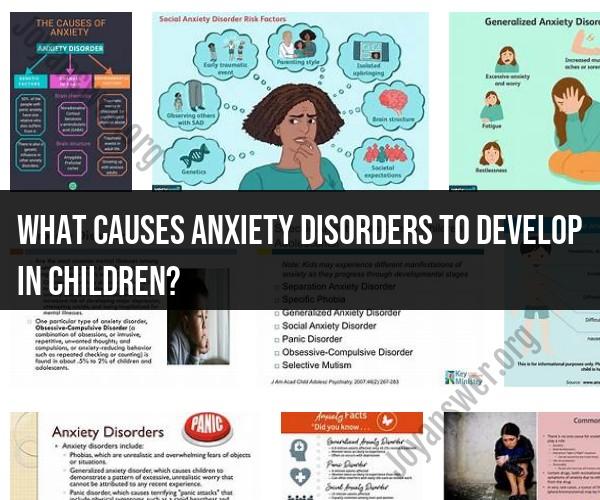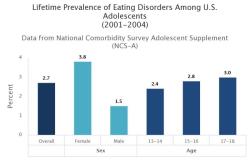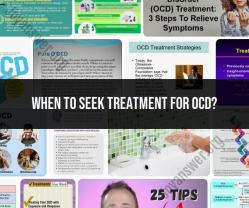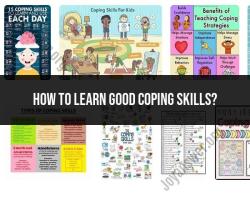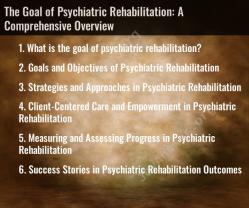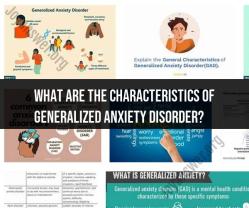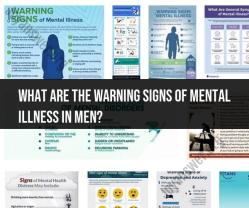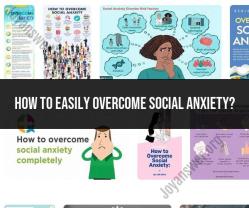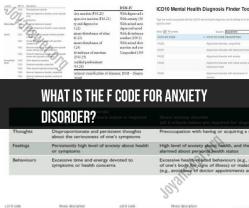What causes anxiety disorders to develop in children?
Anxiety disorders in children can develop due to a combination of genetic, environmental, and psychological factors. It's often a complex interplay of these factors that contributes to the onset of anxiety disorders. Here are some common causes and contributing factors:
Genetics: There is evidence to suggest that anxiety disorders can run in families, indicating a genetic predisposition. Children with a family history of anxiety disorders may be at a higher risk.
Brain Chemistry: Imbalances in certain neurotransmitters, such as serotonin and dopamine, can play a role in anxiety disorders. These imbalances can be influenced by genetics and may affect a child's susceptibility to anxiety.
Environmental Factors: Stressful life events, trauma, or exposure to chronic stress can trigger anxiety in children. These events can include family conflicts, divorce, moving to a new place, bullying, or experiencing a traumatic event.
Parental Behavior: Parenting styles and behaviors can impact a child's risk of developing anxiety. Overprotective or overly critical parenting, for example, can contribute to anxiety. Children may model their responses to stress based on their parents' reactions.
Temperamental Factors: Some children have temperaments that make them more prone to anxiety. Children who are naturally shy, sensitive, or perfectionistic may be at an increased risk.
Peer Pressure and Social Factors: Peer relationships and social interactions can be a significant source of stress for children. Bullying, peer pressure, or social isolation can contribute to the development of anxiety disorders.
Academic Pressure: Academic demands and performance expectations can be a source of stress and anxiety for many children. High levels of academic pressure or perfectionism can exacerbate anxiety.
Media Exposure: Exposure to distressing or violent media content, especially in an age of digital devices, can contribute to anxiety in children.
Medical Conditions: Certain medical conditions, such as chronic illnesses or chronic pain, can lead to increased stress and anxiety in children.
Chemical Imbalances: Sometimes, anxiety disorders can be triggered or exacerbated by underlying medical conditions or the side effects of medication.
It's important to note that not all children exposed to these risk factors will develop anxiety disorders, and some children may develop anxiety without obvious risk factors. Additionally, the timing and specific triggers for anxiety can vary from one child to another.
Recognizing the signs of anxiety in children and providing them with appropriate support and treatment is crucial. Early intervention, such as therapy and counseling, can be highly effective in helping children manage and overcome anxiety disorders. If you suspect your child is experiencing anxiety, it's advisable to consult with a mental health professional for a thorough evaluation and guidance on appropriate interventions.
Unraveling the Causes: What Leads to Anxiety Disorders in Children?
The exact causes of anxiety disorders in children are not fully understood, but there are a number of factors that may play a role, including:
- Genetics: Anxiety disorders tend to run in families, suggesting that there may be a genetic component to their development.
- Brain chemistry: Anxiety disorders may be linked to imbalances in certain brain chemicals, such as serotonin and norepinephrine.
- Life experiences: Traumatic or stressful life events, such as abuse, neglect, bullying, or the loss of a loved one, can trigger the development of an anxiety disorder in a child.
- Temperament: Some children are naturally more anxious than others. This may be due to a variety of factors, such as their personality, biology, and early life experiences.
Childhood Anxiety Disorder Development: Triggers and Influences
A number of factors can trigger or influence the development of an anxiety disorder in a child. Some common triggers include:
- Stressful life events: Traumatic or stressful life events, such as divorce, moving to a new school, or the death of a loved one, can increase a child's risk of developing an anxiety disorder.
- Medical conditions: Some medical conditions, such as thyroid problems and asthma, can also trigger anxiety disorders.
- Substance use: Substance use, such as alcohol and marijuana use, can also increase a child's risk of developing an anxiety disorder.
- Family history: Children with a family history of anxiety disorders are more likely to develop them themselves.
From Worry to Disorder: Understanding the Roots of Childhood Anxiety
The difference between normal worry and an anxiety disorder is the severity and frequency of the worry. Children with anxiety disorders experience excessive and persistent worry that interferes with their daily activities.
Some of the signs and symptoms of childhood anxiety disorders include:
- Excessive worry or fear
- Difficulty concentrating
- Irritability
- Fatigue
- Stomachaches
- Headaches
- Difficulty sleeping
- Avoidance of certain situations or people
If you are concerned that your child may have an anxiety disorder, it is important to talk to their doctor or a mental health professional. Early diagnosis and treatment can help to improve a child's prognosis and quality of life.
Here are some additional tips for helping a child with anxiety:
- Be supportive and understanding.
- Help your child to identify and challenge their anxious thoughts.
- Gradually expose your child to feared situations.
- Teach your child relaxation techniques.
- Seek professional help if needed.
Remember, you are not alone. There are many resources available to help children and families with anxiety disorders.
